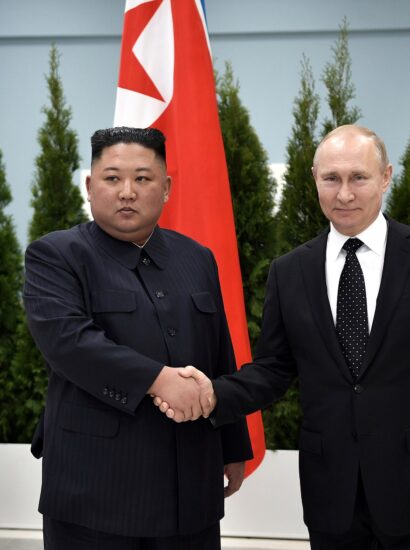August 20th has been quite a number of kinds of celebration throughout the decades in Hungary. It has been the holiday for the (communist) Constitution and the New Bread, it has been the celebration of the founding of the Hungarian state, colloquially it has been known as Hungary’s birthday and recently there has been a rebranding going on with the Christian-Conservative government consistently referring to it as ‘St. Stephen’s Day’, named after Hungary’s first king. Throughout these mindsets and political systems, one thing was certain: the fireworks in the evening of the day. This year, in connection with an ill-made forecast by Hungary’s National Meteorological Service, it was called off round nine whole hours before it was scheduled to start. Officially because of an impending storm. But that did not come on the 20th in the form of rain and wind, it came days after and in the form of firings – the president and the vice-president for professional matters were both let go with immediate effect – and tension, many citing political leverage against the service. The developments even made it onto the site of the BBC.
On August 24th in right-minded weekly Mandiner an interview with Minister for Innovation and Technology László Palkovics was published. In it, the controlling minister cited a need for an overarching reform of the organization by adding to its portfolio and noted the firings had already been planned because of these alterations. He said a very well-quotable sentence that left-leaning Hungarian media has already picked up, namely,
it should be much better known how the weather is shaping up in any given location.”
Many publications alluded to unreal expectations, the unjust transfer of responsibility and plain ignorance – Palkovics, a scientist himself not knowing the meaning of the mathematical term probability – and it is certain that if there had been other reasons for restructuring then starting it on August 21st after such a fiasco, in an already polarized situation, it was the worst possible time to start.
But if there indeed had been problems, then these decisions are justifiable.
All Palkovics said was that weather forecasts have to be more punctual. With climate change seemingly speeding up and causing irreparable damage to assets and natural habitats, fast-changing events have to be foreseen in order to make the necessary changes. In a factory, on a field, in a packed city.
Or there will be no new bread. And because of that, no constitution.
(Featured image: Fireworks above the Hungarian Parliament on August 20th, 2016. Photo by Janos Virag)







